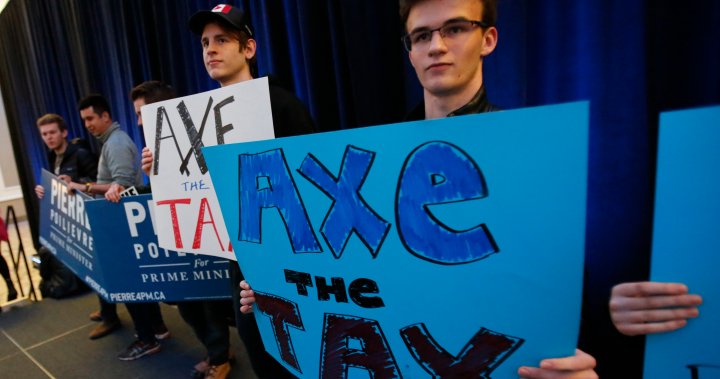Planned protests against the carbon price outside Liberal and NDP MP offices on May 3 have prompted a security warning from the House of Commons. The sergeant-at-arms sent an email to all 338 MPs and their staff encouraging them to take extra security measures in case demonstrations arise at their constituency offices or residences. The email also recommended following a ‘locked door’ policy and considering virtual meetings for the foreseeable future. This warning comes after Conservative Leader Pierre Poilievre encouraged demonstrations outside Liberal and NDP constituency offices over the carbon price increase that took effect on April 1.
At a rally in Toronto, Poilievre announced a pressure campaign to urge NDP and Liberal MPs to vote against the scheduled April 1 increase in the carbon price. The carbon price applies to provinces without an equivalent plan to reduce carbon emissions and the money collected by Ottawa is returned to Canadians in those provinces through a regular rebate. Poilievre has made eliminating the consumer price on carbon a central part of his bid to become the next prime minister. While he has not revealed any alternative plans to address carbon emissions, he has mentioned technologies like carbon capture and nuclear power as potential solutions.
During his speech at the rally, Poilievre emphasized the need for grassroots support and activism in pressuring MPs to oppose the carbon price increase. He urged attendees to organize protests outside Liberal and NDP constituency offices as a way to influence their decision-making. Poilievre’s office did not respond to requests for comment on the planned demonstrations. The upcoming protests and the security warning from the House of Commons highlight the contentious nature of the carbon price issue in Canadian politics and the differing approaches taken by political parties in addressing it.
The pushback against the carbon price increase reflects the ongoing debate within Canada’s political landscape on how best to mitigate carbon emissions and combat climate change. While the Liberal government supports the carbon price as a way to incentivize emissions reductions, the Conservative Party, led by Poilievre, opposes it and advocates for alternative measures such as technology-driven solutions. The planned protests outside MP offices demonstrate the polarized views on this issue and the political pressure faced by decision-makers in addressing climate change policies.
As the date of the planned protests approaches, the focus on the carbon price and its implications for Canadians intensifies. The outcome of these demonstrations and the response from MPs will likely influence the ongoing discussions surrounding environmental policies and climate change mitigation strategies in Canada. The divergent approaches taken by political parties on the carbon price issue demonstrate the challenges of finding consensus on complex environmental issues and the importance of public engagement in shaping government decisions.


